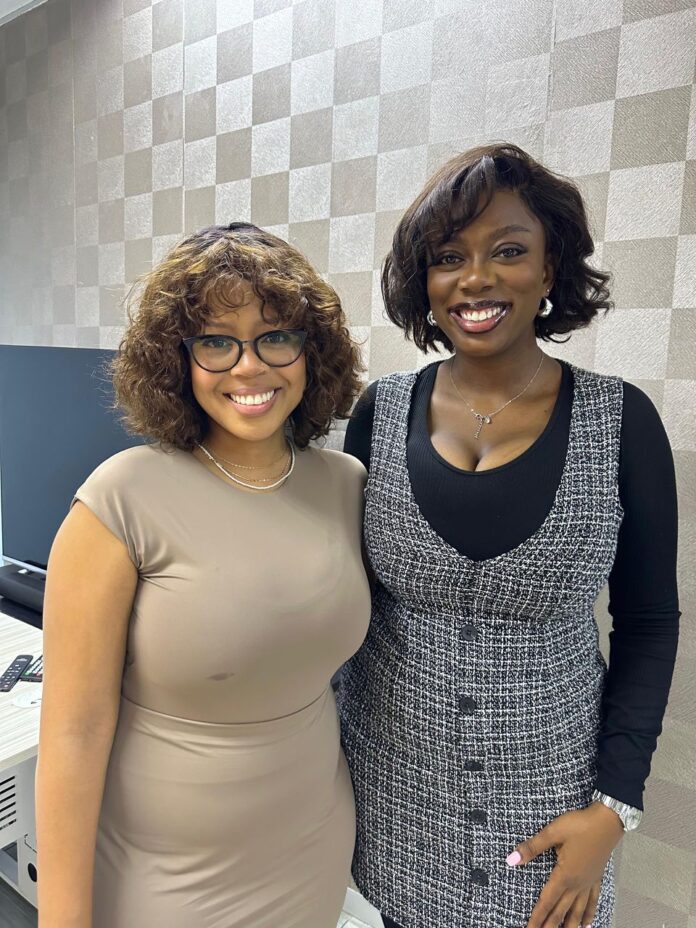29th August 2024
Own Correspondent
An African proverb goes, “Unless the lion learns how to write, the story will always glorify the hunter. “This powerful reminder of the importance of representation and perspective in storytelling is especially relevant to African storytellers as they reclaim their narratives, preserve their cultural heritage, and challenge dominant perspectives.
For centuries, African stories have been told by others, often reinforcing stereotypes and perpetuating harmful biases. Despite this, African storytellers have shown remarkable resilience, reclaimed their narratives and preserved their cultural heritage. Oral traditions, a vital part of African culture, have often been overlooked or marginalised in favour of written narratives. However, African writers have been assuring their authority and reclaiming their rightful position as the best narrators of their stories- preserving the narrative in literary works, the arts and multiple other media.
‘Mokwalo’ is one of the three films being produced in Botswana by Batswana. It is Masego’s creative vision, a 52-minute film she has nurtured for half a decade. She collaborated with Masego, a fellow producer, to bring the show to DStv viewers by the end of the year.
Masego Mohwasa and Lorato Orapeleng see their role in the film industry as broader than the love for storytelling but as co-builders and preservers of the African story. Their dedication to the different storytelling formats is motivated by the unrepentant belief that Africa is underrepresented and thus undervalued in the global world of creativity.
They have partnered in the past on a Showmax called ‘Cradle’.
“Compared to the first story we did together, Masego’s writing has grown. Mokwalo’s 52 minutes compared to 10 minutes for ‘Crandle’ make a big difference in terms of the way she wants it to be structured. It’s no longer just artistic. It also punches the message of what needs to be said.” Lorato highlighted, adding, “But the narratives and themes are still very similar. The first one was also about grief; Mokwalo is a rebirth. And that’s probably what also transitioned with her because she got reborn into a new person who can tell stories and allow others to have an opinion of her story. This growth in Masego’s storytelling abilities is something to look forward to in ‘Mokwalo ‘.
Mokwalo is based on Masego’s experiences and interactions with loss and grief. Since losing her mother, she has interacted with the different stages of her life within the context of grief, not necessarily feeling sad and mourning but instead imagining, for example, how her mother would have engaged with every stage of her life. This personal journey of Masego’s, filled with its unique challenges and triumphs, is something many can relate to. She considers grief and loss as a big part of her identity. She says by default or design, grief becomes an ever-present company, rendering itself consciously and unconsciously when one loses a parent. She embraced this as part of her journey and kept interacting with the multiply shaped forms of grief as her life took different forms.
“So, I want to speak to you about grief. As I evolve, it’s not something that goes; the story will continually change. 26-year-old Masego doesn’t have the same story as I do.
Masego believes that her place in the story-writing world is to write stories that adults and children can sit together to watch. She writes for the family.
She likes stories that motivate families to sit as they would around the fire and enjoy themselves together because they are relatable, present, and family-focused. This emphasis on family-focused storytelling is a call to bring back the warm, communal experience of watching TV together, evoking a sense of nostalgia and connection in the audience.
She says, “We consume content, and we’re not watching TV together. That’s what stories are for; they’re supposed to unite people. That needs to come back. The TV needs to be the fire that brings us together. So, everybody wants to tell different stories, but we should encourage storytellers to bring back that warm content because that will bring more people back to the TV screen.
Like other African countries, Botswana has a rich Indigenous storytelling tradition, often incorporating mythology, folklore, and history elements. In recent years, Botswana has seen a growing number of modern storytellers, including writers, filmmakers, and musicians. These artists use their platforms to share their stories and challenge traditional narratives.
Mohwasa and Orapeleng are alumna of MultiChoice Talent Factory (MTF). They credit the program for allowing them into rooms they wouldn’t have accessed had they not had MTF to their names. Their relationship with a respected business like MultiChoice often gives them credibility. They get asked fewer questions.
MultiChoice Africa launched the MultiChoice Talent Factory initiative in 2018. This three-pronged initiative sought to ignite creative industries in each MultiChoice market. MultiChoice Botswana has sent ten aspiring filmmakers to the MTF Southern Region Academy in Lusaka, Zambia. The Academy is a one-year, fully sponsored immersive learning experience geared towards recent graduates in the filmmaking space. The academic qualification comprises theoretical and practical teachings from experts across the MultiChoice Group and other filmmaking experts worldwide.









